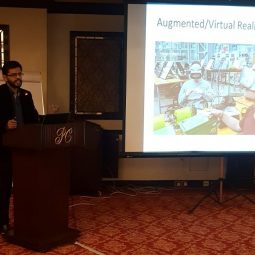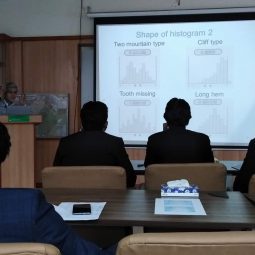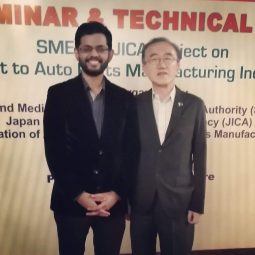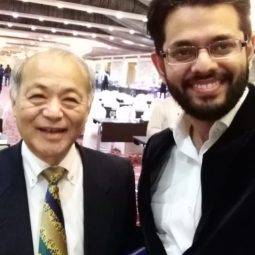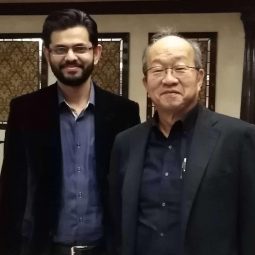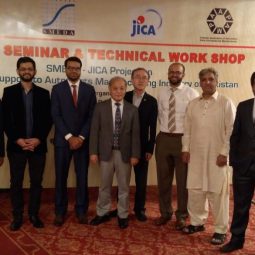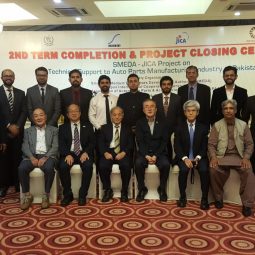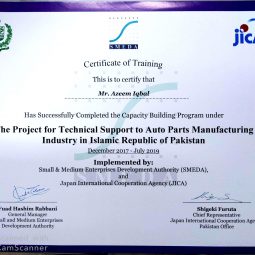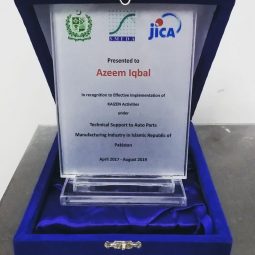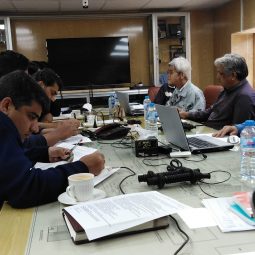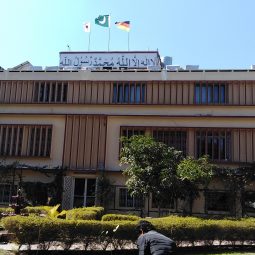Azeem worked as an on-job trainee consultant and was allotted four supplier industries, namely, MECAS Engineering, DARSON Industry, PECS Industry and Omar Jibran Pvt. Ltd. He also had the opportunity to speak at the final workshop of the project where for the first time he introduced the local industry to the fourth industrial revolution taking place in Europe that involves use of artificial intelligence, machine learning, big data and augmented virtual reality in the manufacturing sector.
This project also opens up an opportunity for the physicists. The local industry needs to improve the quality of its manufacturing in order to compete with the global market. The quality of parts is dependent on physical factors that pertain to the quality of raw material and parameters for its processing. Physicists can play a pivotal role in helping the industry gauge and improve the quality of these parameters, processing of raw materials and also assist in the dynamical evaluation of the products. They can also provide simulation services to industry to help them evaluate their manufacturing systems. Physicists can also contribute to improving measurement systems, building low-cost instrumentation and test systems, as well as provide additional technical support to the automotive industry. This could help bridge the gap between applied science and local industry to foster new opportunities for national growth and development.
We, at Physlab, hope to very soon explore this potentially unexplored, area of applied physics in Pakistan.
Following are some glimpses from the project journey.
